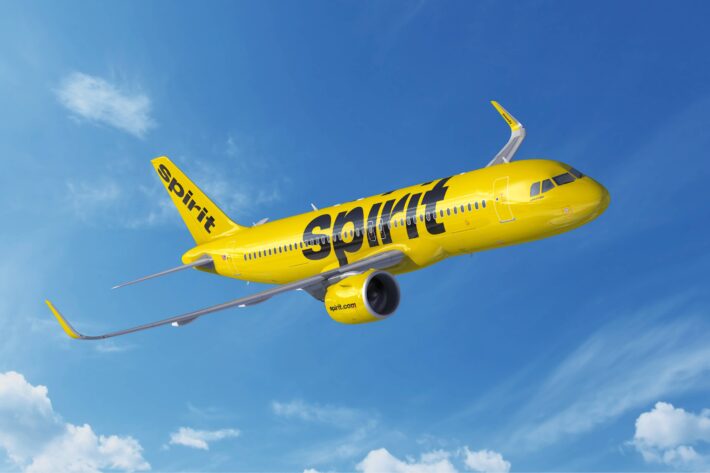Spirit Airlines, the US budget carrier, has filed for bankruptcy protection after enduring sustained financial losses and several unsuccessful merger attempts.
On Monday, the Florida-based airline announced it had secured an agreement to restructure its debt and raise capital during a bankruptcy process that is expected to continue through early 2025. Throughout this period, Spirit Airlines’ operations will proceed as usual, and passengers will not be affected.
The airline, which has not posted a full-year profit since the onset of the Covid-19 pandemic, becomes the first US carrier to file for bankruptcy in over a decade. The last US airline to do so was American Airlines in 2011, during a time of high fuel costs and the need to reduce labor expenses.
Spirit confirmed that its Chapter 11 bankruptcy filing will not affect employee wages or payments to aircraft leasing companies.
As part of the restructuring, the airline will be de-listed from the New York Stock Exchange in the near term, and its stock will be cancelled, rendering it worthless.
Despite high demand in the budget travel sector, Spirit reported a loss of approximately $360 million in the first half of this year. Increased competition in the low-cost market and operational challenges, including grounded aircraft due to mechanical issues with certain engines, have contributed to rising costs.
Earlier in 2024, Spirit’s anticipated $3.8 billion merger with JetBlue collapsed after a Massachusetts judge blocked the deal, citing concerns over reduced market competition. A prior attempt to merge with Frontier Airlines in 2022 also fell apart when JetBlue outbid Frontier.
Founded in 1964 as a long-haul trucking company, Spirit transitioned into aviation in the early 1980s and rebranded in 1992. It is known as a pioneer of the budget airline model, offering low fares by eliminating many amenities typically found on other carriers.

